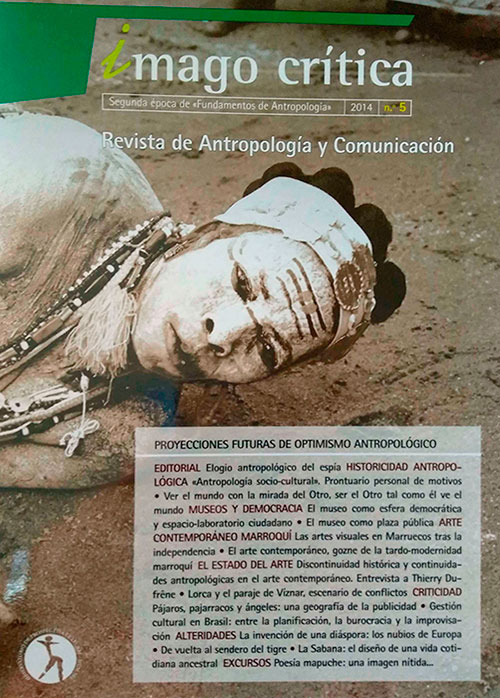Gestión cultural en Brasil: entre la planificación, la burocracia y la improvisación
DOI:
https://doi.org/10.30827/ic.28461Palabras clave:
Brasil, Gestión cultural, Ley de incentivo de la cultura, Desigualdad, Marginalidad, Gestión informalResumen
Brasil no es solamente el país de la diversidad, mestizaje y sincretismo. La mezcla (a veces a un nivel casi de paradoja), está presente en la gestión cultural. En un país que es el paraíso de las formulaciones y verbalizaciones, las leyes se consideranmuchas veces natimuertas, pero fue una ley puesta en práctica en la transición democrática la que cambió la relación del Estado con los agentes culturales en Brasil. La producción cultural brasileña está anclada en la Ley de Incentivo a la Cultura y otras semejantes. Sin embargo, la desigualdad tan característica de la sociedad brasileña también se nota en la gestión de la cultura. Con el grado de profesionalización que implica, obviamente, la ley de cultura no es para todos los sectores de la sociedad. Y sí de los más organizados, y con mejores medios. La sociedad que está al margen, no obstante, tiene sus propios mecanismos de gestión, en la informalidad, casi siempre.
Citas
CASTRO, Cristina Rascón (2009). La economía del arte. México, Nostra.
CESNIK, Fábio de Sá (2002). Guia do Incentivo a Cultura. Sao Paulo, Manole.
GONZÁLEZ, Elda et alii (2001). Reflexiones en tomo a 500 años de Historia de Brasil. Madrid, Catriel.
MORAES, José Geraldo Vinci de y REGO, José Marcio (2002). Conversas com historiadores brasileiros. Sao Paulo, Editora 34.
PEREIRA, Custódio (2001). Captaçao de recursos. Sao Paulo, Editora Mackenzie.
RAMOS, Graciliano (1976). Viventes das Alagoas. Rio de Janeiro, Record.
VELHO, Gilberto (2002). Mudança, crise e violencia. Rio de Janeiro, Civilizaçao Brasileira.
Descargas
Publicado
Número
Sección
Licencia
Derechos de autor 2015 Imago crítica. Revista de Antropología, Comunicación y Estudios Culturales

Esta obra está bajo una licencia internacional Creative Commons Atribución-NoComercial-CompartirIgual 4.0.












